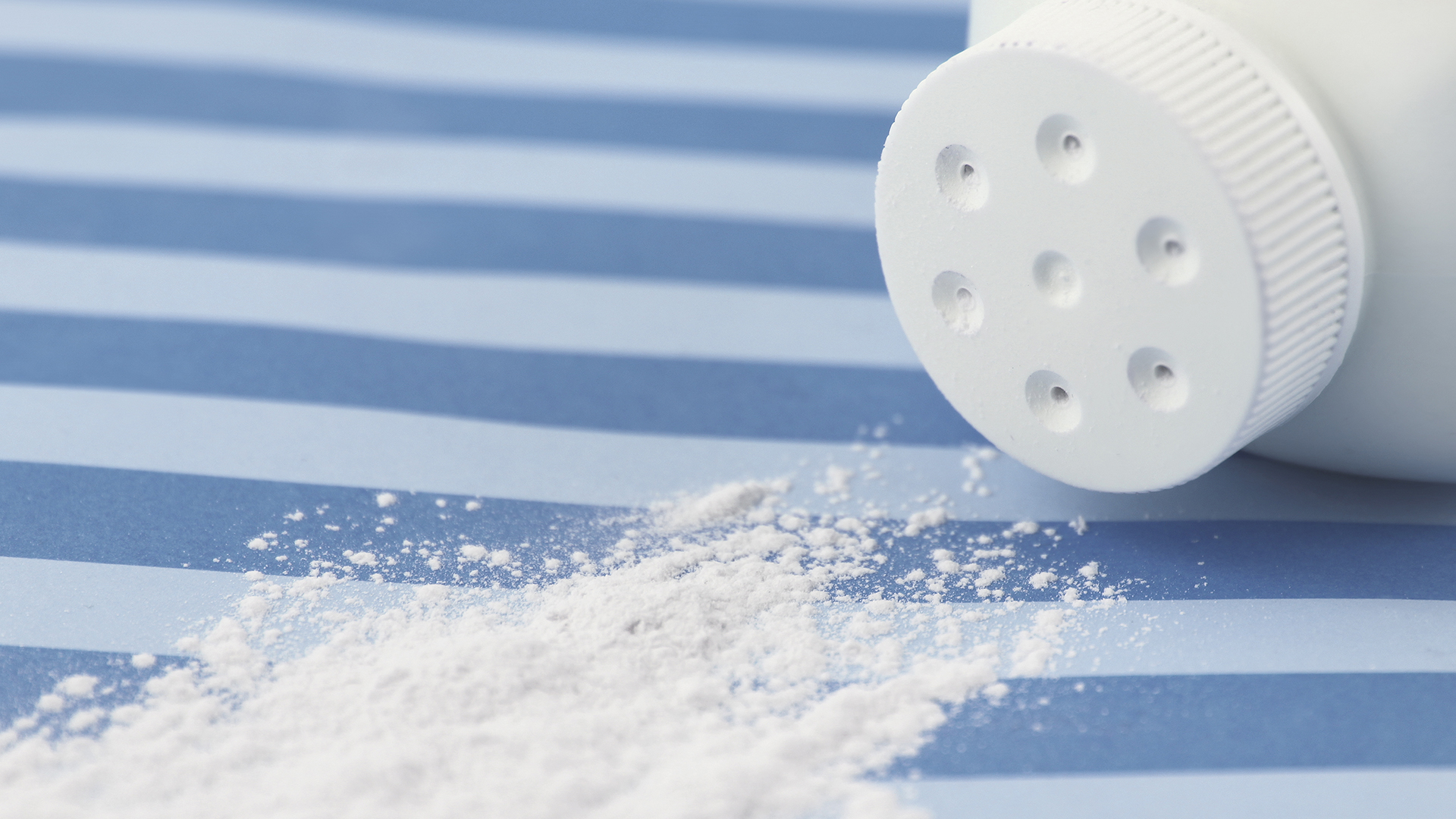Hydraulic Fracturing, also known as fracking, is a method of drilling deep beneath the surface to extract shale gas, an energy source. Shale gas is embedded in dense rock, so drillers inject a mixture of water, sand, and chemicals to fracture the rock which opens up fissures in the stone through which the gas can escape. Chemicals used for fracking are often hazardous and cancer-causing agents known to contaminate drinking water near fracking sites.
The EPA reported that drinking water in Pavillion, Wyoming contained a chemical commonly found in fracking fluid. The Shale gas itself contains methane, which has been known to leak into drinking water near active fracking sites. Other risks associated with fracking is called “flowback” where huge quantities of water used in fracking come back up through the wells bringing with it volatile organic compounds and radioactive elements, such as radium. There have now been more than 1,000 nationwide reports of natural gas drilling causing contamination.
In the 2005 energy bill, fracking was explicitly exempted from federal review under the Safe Drinking Water Act. Drilling companies are under no obligation to disclose what chemicals they use during the process. Fracking has expanded drastically in western New York and Pennsylvania. Some 1600 new wells drilled in the past 10 months in Pennsylvania. New York currently has a moratorium on fracking permits, pending the adoption of new regulations.
Drinking contaminated water can cause cancer, skin rashes, respiratory disorders, and liver, kidney and brain problems.
Weisfuse & Weisfuse, LLP represents victims of environmental hazards, and is available for a free consultation. There is no fee unless there is recovery of money damages.
















